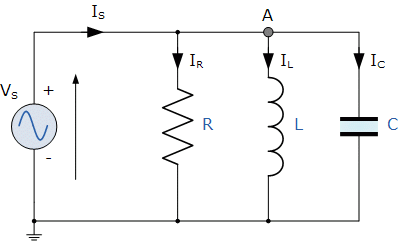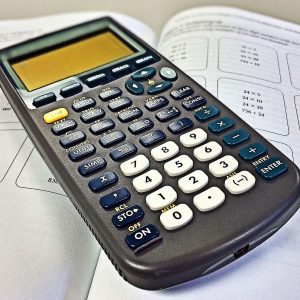Introduction to Further Electrical Principles Unit
Electrical technicians need to apply practical and theoretical principles of electrical engineering. As such, applying these to the development, manufacture and servicing of complex electrical and electronic systems.
Furthermore, they can expect to perform technical functions involved in assembling, installing, repairing and maintaining electrical equipment. For example, these could include the calibration, prototyping, modification and general maintenance of electrical equipment. Accordingly, this will be done in accordance with manufacturers’ instructions and company technical procedures.
Moreover, other tasks could include using electrical test equipment on various types of instruments, equipment and systems and replacing faulty components and parts using safe working practices and precision instruments.
As such, the Further Electrical Principles unit will extend learners’ understanding of simple direct current (DC) circuits. For instance, solving Ohm’s law and Kirchhoff’s laws. Therefore, this will require learners to apply advanced circuit analysis theorems such as Thévenin’s, Norton’s and the maximum power transfer theorems for DC networks.
Additionally, learners will develop their understanding of DC transients and of series and parallel alternating current (AC) circuits. Moreover, considering series and parallel circuits that include resistors (R), inductors (L) and capacitors (C) in AC circuits.
The Further Electrical Principles unit will also introduce learners to the theory and advantages of three-phase AC systems. This will include power measurements in a three-phase AC system and the construction and principles of operation of a three-phase AC induction motor. For further information, please visit here.
Learning outcomes
On completion of this unit a learner should:
- 1 Be able to apply direct current (DC) circuit analysis methods and consider the types, construction and characteristics of a DC motor and generator
- Understand the transient behaviour of resistor-capacitor (RC) and resistor-inductor (RL) DC circuits
- Be able to apply single-phase alternating current (AC) theory
- Be able to apply three-phase alternating current (AC) theory.
Where can I contact you if I have questions?
If you have any queries regarding the post above, please contact us here.






Reviews
There are no reviews yet.